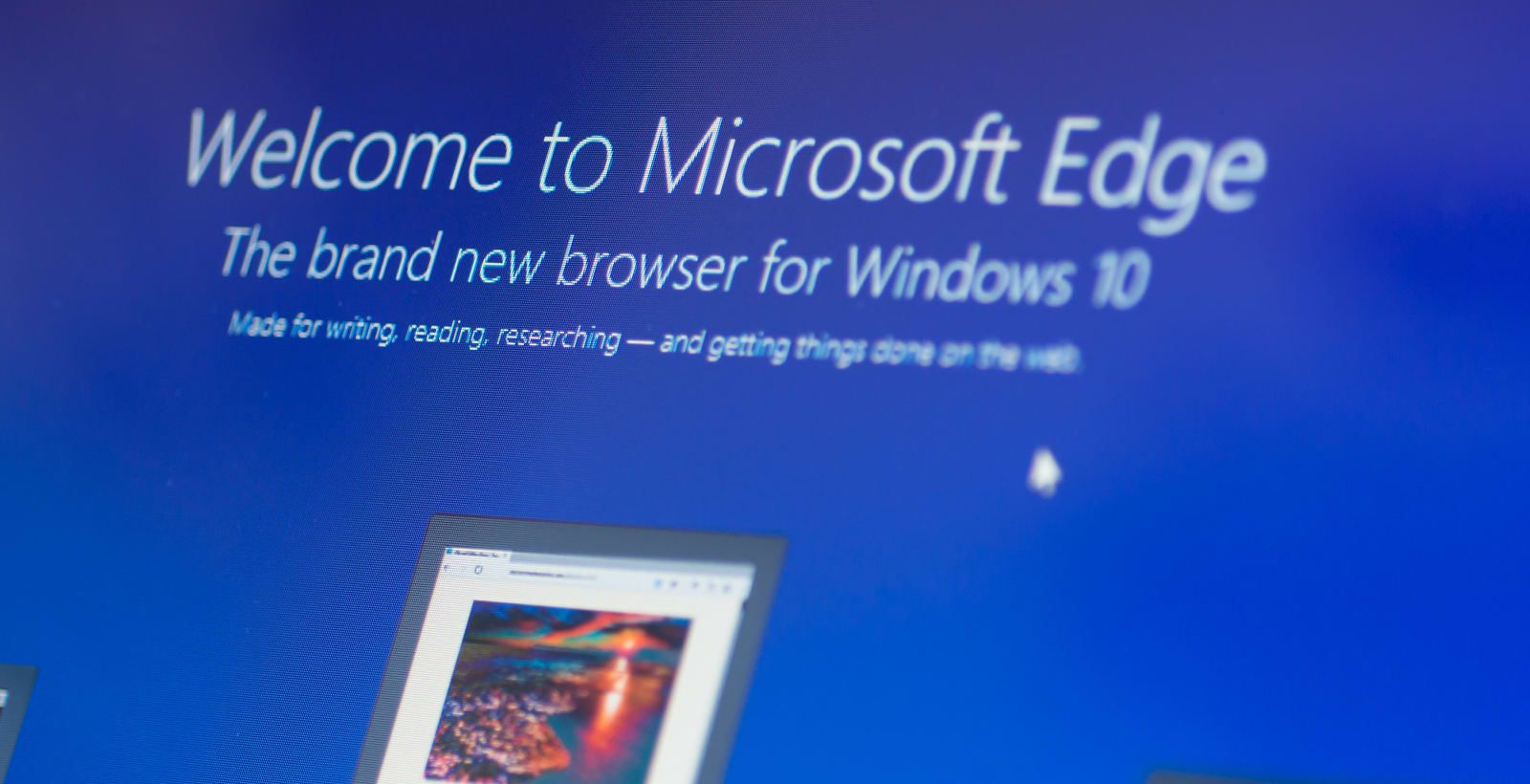
The web is defined by the free, open exchange of information, right? Not necessarily. The W3C has decided that it's "in scope" for its HTML Working Group to explore a specification for the Encrypted Media Extensions framework, which would allow companies to plug in their own copy protection for web content. In other words, the effort would add support for DRM extensions to the web itself, rather than leave it to content plugins like Flash. The W3C's Philippe Le Hegaret is careful to note that this isn't an explicit endorsement of EME as it's suggested, or even the call for consensus on the proposal -- there are already concerns that the spec would lead to an abundance of DRM plugins that wouldn't work in certain browsers or operating systems. However, there's a chance it may become reality when EME's backers include content hosts or producers like the BBC, Google, Microsoft and Netflix.
Filed under: Internet, Microsoft, Google
Comments
Via: Wired, Slashdot
Source: W3C
 Like it or not, the web is getting some built-in padlocks. The World Wide Web Consortium has decided to publish Encrypted Media Extensions, a standard for hooking copy protection into web-based streaming video, without making significant changes to...
Like it or not, the web is getting some built-in padlocks. The World Wide Web Consortium has decided to publish Encrypted Media Extensions, a standard for hooking copy protection into web-based streaming video, without making significant changes to...
 Like it or not, the web is getting some built-in padlocks. The World Wide Web Consortium has decided to publish Encrypted Media Extensions, a standard for hooking copy protection into web-based streaming video, without making significant changes to...
Like it or not, the web is getting some built-in padlocks. The World Wide Web Consortium has decided to publish Encrypted Media Extensions, a standard for hooking copy protection into web-based streaming video, without making significant changes to...
 As Microsoft continues to nudge folks into trying its new Edge browser on Windows 10, its latest tease is the promise of better looking, more efficient video streaming. Just like Apple's Safari browser on OS X, it turns out that on Windows only Micro...
As Microsoft continues to nudge folks into trying its new Edge browser on Windows 10, its latest tease is the promise of better looking, more efficient video streaming. Just like Apple's Safari browser on OS X, it turns out that on Windows only Micro...
